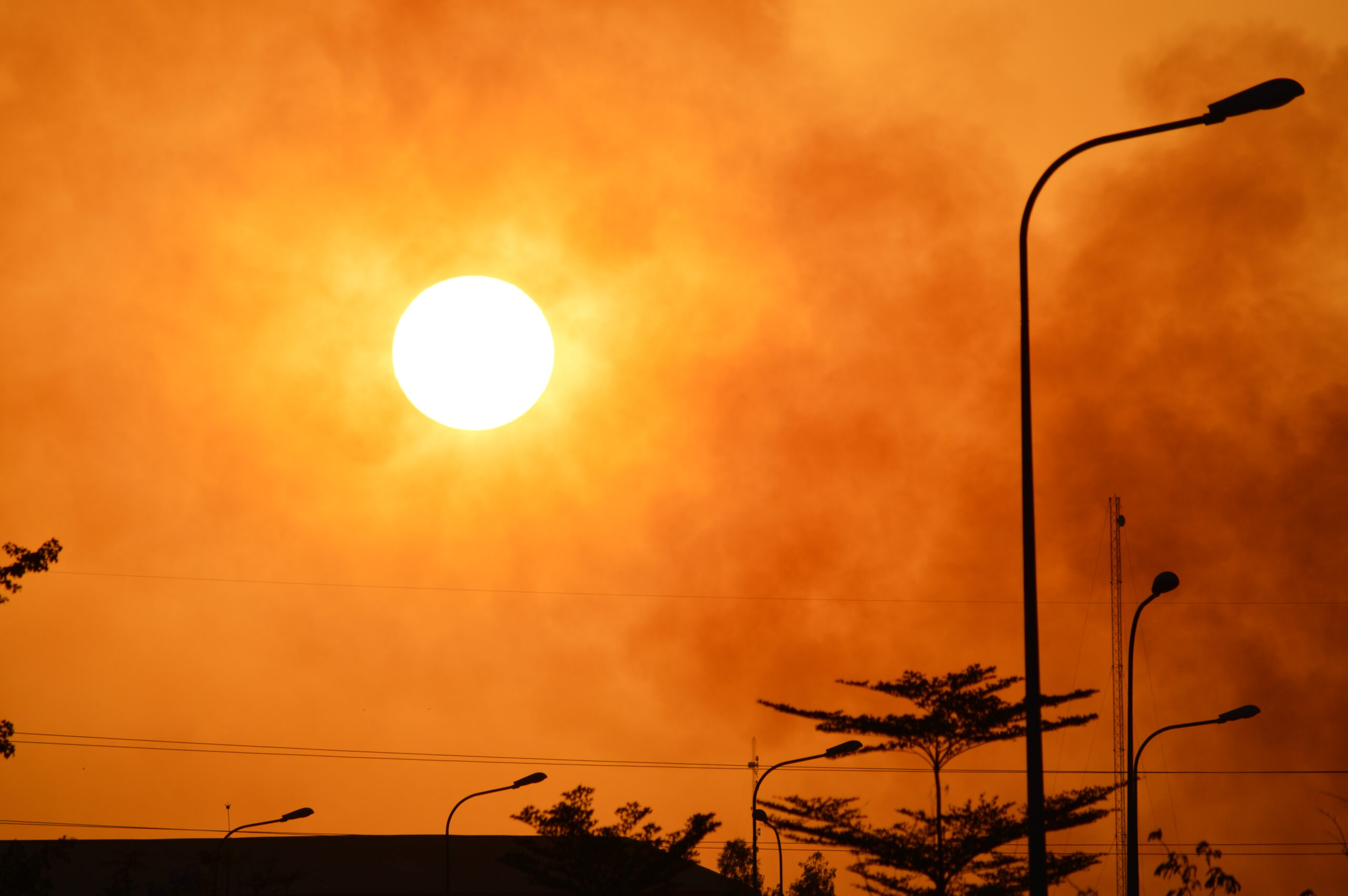Competition and the Environment: Less Willing to Fight On When the Air is Hot or Dirty
July 11, 2023

Does the weather affect the play strategies of professional elites? This was the question researchers Associate Professor Alberto Salvo, Associate Professor Liu Haoming, and Professor Lu Jingfeng (all of NUS Economics) asked in their latest study. The full results are published in ‘Willingness to fight on: Environmental quality in dynamic contests’ (The RAND Journal of Economics, 2023), while a summarised version can be read at ‘Competition and the Environment: Less Willing to Fight On When the Air is Hot or Dirty’ (NUSnews, June 2023).
The research team focused specifically on Singles tournaments hosted by the Women’s Tennis Association (WTA) in Melbourne, Australia, and various cities in China from 2004 to 2016.
At an abstract level, these were matches between two players who were, based on extrapolations on the betting market and their WTA rankings, equally likely to win each match. The result the researchers were analysing was the likelihood for tournament matches to last either two or three rounds in different weather conditions.
Playing three rounds requires the player who initially fell behind in the first round to put in additional effort to turn the tables around at later rounds of the game. However, going for three rounds rather than two is physically strenuous. Adding a third round can increase the play duration by more than 50 per cent.
The researchers found that the likelihood of a 3-round match is about 45 per cent in good weather but is only about 30 per cent when the weather is hot or the air is polluted. In terms of probabilities, the chance for 3-round matches decreased from 1-in-2 to 1-in-3 in conditions of heat or pollution.
The researchers justify this result through a calculus of cost-benefit analysis on the part of the losing player. The decision to prolong the match to get a shot at winning entails exertion, which is accompanied by the risk of injury and therefore retirement for the season.
They theorise that the deterioration of the environment, in this case by heat and pollution, can shift this cost-benefit analysis more in favour of the player who gains the advantage at the early stages of the game.
The authors likened the results they found in the tennis context to other competitive environments where players choose when they should cut their losses, like corporate and regulatory contexts. They urge readers to protect our (natural, corporate, and regulatory) environments so that competitive mechanisms can work to everyone’s benefit.
Read the article here: https://news.nus.edu.sg/competition-and-the-environment-less-willing-to-fight-on-when-the-air-is-hot-or-dirty/
Read the open-access article detailing the study here: https://onlinelibrary.wiley.com/doi/full/10.1111/1756-2171.12435
